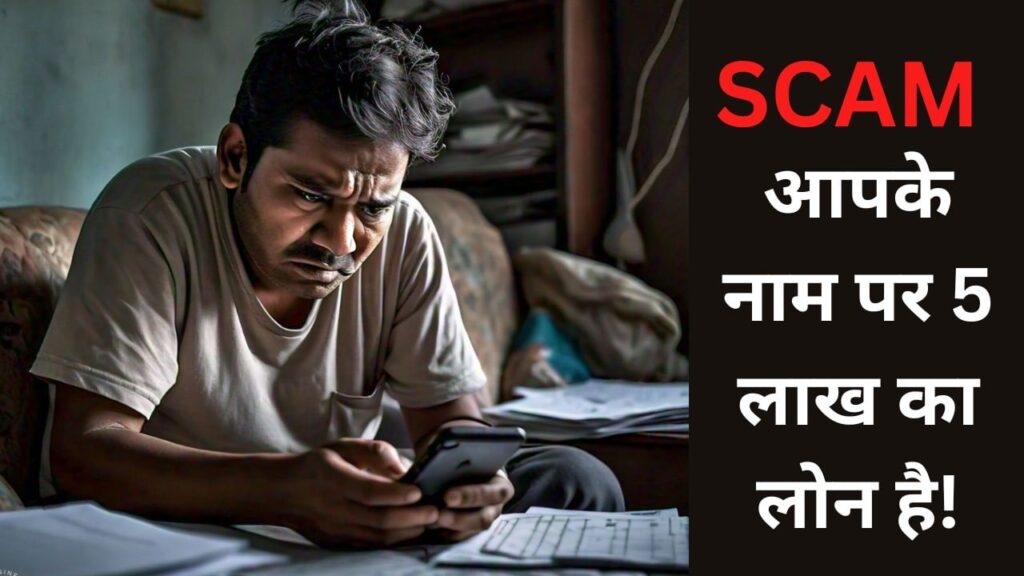Beware of Scammers Impersonating RBI
An unknown number called Akash, claiming to be an employee of the Reserve Bank of India (RBI). The caller asserted that there was an outstanding loan of ₹5 lakh in Akash’s name, demanding immediate payment within two hours. He also threatened that failure to pay would result in blocking all of Akash’s debit and credit cards.
Such phone calls can panic anyone. However, Akash reacted wisely and recognized it as a scam call. He promptly hung up and blocked the unknown number. It’s essential for everyone to stay vigilant and learn from such instances, as they can easily fall prey to significant financial scams, losing substantial amounts from their accounts. Let’s explore what steps you should take and what to avoid when receiving similar phone calls.
Upon searching the number on Truecaller, Akash discovered it belonged to a person named Dr. Devaraj from Bajdari Tola, clearly indicating that this call was not legitimate.
Stay Alert for Fake Calls Claiming to Be from RBI
If you receive a suspicious call claiming to be from RBI (Reserve Bank of India), it’s crucial to recognize it and respond appropriately. Generally, these fraudulent calls aim to steal your personal information, bank details, or money. Below are some signs and precautions to help you identify and avoid these scam calls.
Signs of Threatening Calls
If the caller threatens to block your account, take legal action against you, or applies any form of pressure, consider this a red flag. Remember, RBI does not use such threatening language.
Request for Personal or Banking Details
Be cautious if the caller asks for your banking details, card numbers, OTPs, or any other sensitive information. RBI or any bank will never request such details over the phone.
Fake Offers or Bonuses
If the caller offers fake bonuses, lotteries, or cashback incentives, it is likely a scam. RBI and other banks do not promote such schemes, and these calls are typically a front for fraud.
Caution with Caller ID and Numbers
Even if the caller ID displays names like RBI or Reserve Bank of India, proceed with caution. This could be a case of caller ID spoofing executed by scammers. Also, note that RBI never directly calls customers; they always communicate through banks.
How to Protect Yourself from Fake Calls
- Do not share any personal information over the call.
- If in doubt, hang up immediately and do not return the call.
- Avoid clicking on any links: If the caller sends you a link, refrain from clicking on it as it might lead to a phishing attack.
Check RBI’s Official Website
If you are unsure, visit RBI’s official website for verification. Additionally, if you suspect a call to be fraudulent, promptly contact your bank for clarification.
Where to File a Complaint?
- The RBI has established a special portal, Sachet, for reporting such fraud attempts. You can submit your complaints here.
- You can also file a complaint on the National Cyber Crime Reporting Portal, which is governed by the government and allows you to report online fraud.
- Visit your local cyber police station to report such fraud incidents.
- Complaints related to cyber fraud can also be filed on the Chaksu Portal by Samachar Sath.
